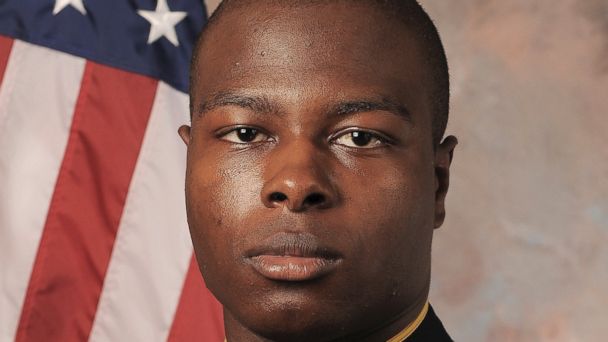High-Profile Naval Academy Sexual Assault Case Takes Unexpected Turn

AP
By Ali Weinberg, Special to ABC News
A high-profile U.S. Naval Academy sexual assault case took an unexpected turn Friday after charges were dropped against a midshipmen accused of sexually assaulting a female classmate - a development that could throw into doubt the remaining court martial case involving a second male accused in the same incident.
Defense attorneys in the remaining case say the dismissal of charges on Friday means their client's case should also be dropped.
Citing insufficient evidence, Naval Academy Superintendent Vice Admiral Michael Miller dismissed the case against Midshipman Eric Graham of Eight Mile, Ala., who had been charged with sexually abusive contact against a 20-year-old female midshipman.
Miller's decision was based on recommendations by military prosecutors who said they had no case against Graham because military investigators had not read him his Miranda rights before questioning him. Col. Daniel Daugherty, the military judge in the case, had earlier ruled that Graham's statements were inadmissible in court.
A second midshipman, Josh Tate, of Nashville, Tenn., was accused of aggravated sexual assault in the case. Tate was set to face a court martial in February, but his lawyer, Jason Ehrenberg, told ABC News that the case has been pushed back to mid-March so Tate's legal team can adapt their case to "all the stuff developing."
Ehrenberg said his client's case should also be dropped because the chief evidence against Tate - testimony made by a witness during a pre-trial hearing - had also been ruled inadmissible.
"There's no reason to go forward against our client if they're not going forward against Graham," Ehrenberg said. "It's clearly selective prosecution and it's politically motivated."
Tate and Graham, along with a third alleged assailant, Tra'ves Bush of Johnston, S.C., were all accused by the female midshipman of sexual assault at an off-campus party in April 2012. After an exhaustive preliminary hearing in late summer, an investigative officer recommended to the academy superintendent that charges against all three men be dropped, citing among other factors the accuser's lack of credibility.
Miller, the superintendent, ultimately decided that both Graham and Tate's case should proceed and dropped the charges against Bush.
That ruling led Graham and Tate's attorneys to accuse Miller of responding to political pressure, given the heightened scrutiny the case had drawn from the White House and military brass to prosecute sexual assault in the military and service academies.
In an unusual move, the military judge in the case asked prosecutors to have Miller take the stand at a hearing to determine if his decision to proceed with the case was a result of undue command influence.
In a conference call Friday afternoon between the remaining parties to the case, the military judge postponed by a week Miller's hearing originally scheduled for Monday.